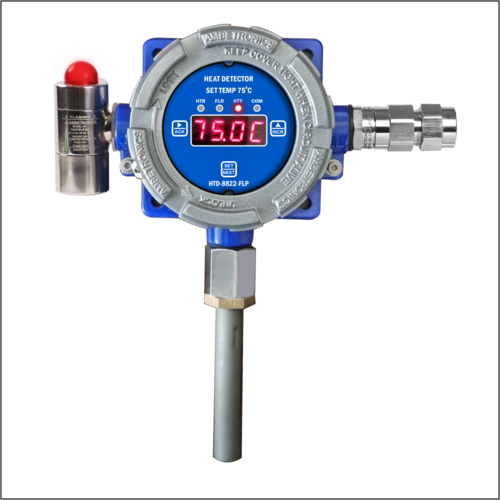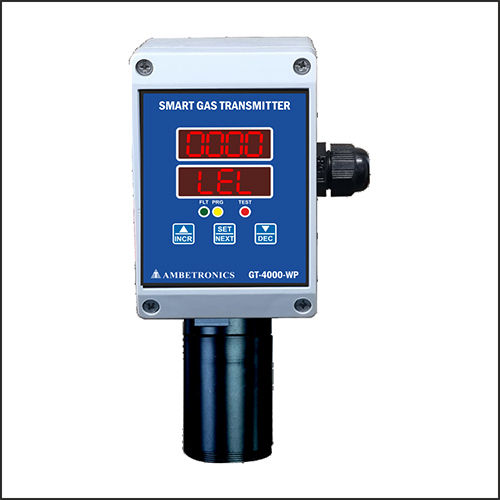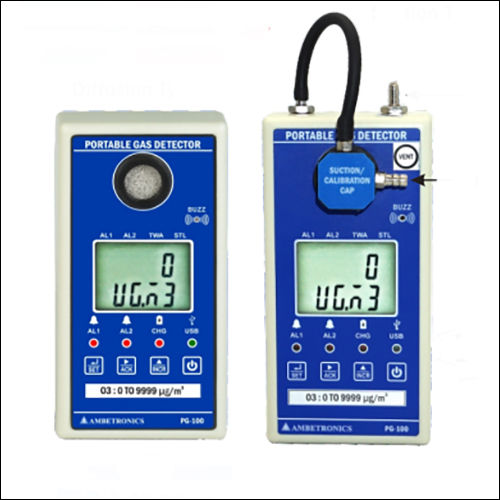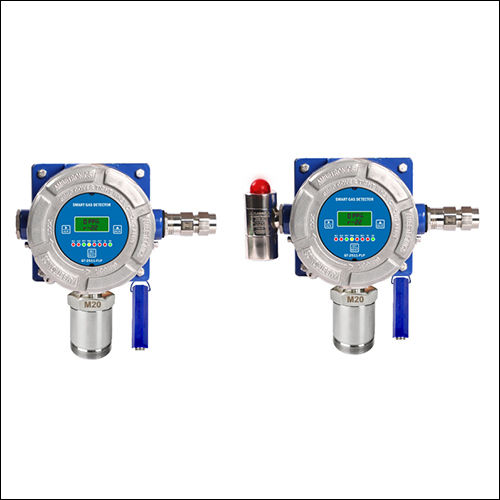- Gas Detector
- Gas Monitors
- Gas Analyzer
- Fixed Data Logger Scanner
- Clean Room Monitoring Equipment
- Internet Of Things (IoT)
- Temperature Humidity Transmitter
- Digital Stroboscope Tachometer
- Vibration Monitoring Equipments
- Gas Detection System
- Process Control Instruments
- Data Loggers
- Portable Gas Detectors
- Process Indicators
- Gas Alarm
- Calibration Kit
- Data Converters
- IIoT Loggers-Gateways
- Temperature Transmitter
- Sensors
- Gas Leak Detector
- Universal Data Logger
- Gas Leak Alert

Heat Detector
22250 INR/Piece
Product Details:
X
Heat Detector Price And Quantity
- 22250 INR/Piece
- 1 Piece
Heat Detector Trade Information
- Cash on Delivery (COD) Cheque Cash Against Delivery (CAD) Cash Advance (CA)
- 1 Week
- Australia North America South America Eastern Europe Western Europe Middle East Central America Asia Africa
- All India
- ISO 9001: 2015; CE Certification; CCOE & CMRI Approvals; PESO Tested.
Product Description
A heat detector is an essential safety device used to detect and alert individuals to the presence of elevated temperatures or rapid changes in temperature within a specific area. Unlike smoke detectors, which identify smoke particles, heat detectors respond to thermal energy and are particularly effective in environments where smoke-based fire detection may not be suitable. Heat detectors play a crucial role in fire prevention and early warning systems, offering reliable and robust protection in various settings, including residential, commercial, and industrial spaces.
Frequently Asked Questions (FAQs):
Q1: How does a heat detector work?
Ans: Heat detectors operate based on a variety of mechanisms, including fixed temperature, rate-of-rise, and combination heat detectors. Fixed temperature heat detectors trigger an alarm when the ambient temperature reaches a predetermined threshold. Rate-of-rise detectors respond to a rapid increase in temperature, sounding an alarm if the temperature rises above a certain rate within a short period. Combination detectors often combine both fixed temperature and rate-of-rise features for enhanced accuracy.
Q2: What are the main types of heat detectors available?
Ans: There are primarily two types of heat detectors:
Fixed Temperature Heat Detectors: These devices activate the alarm when the temperature at the sensor location reaches a specific pre-set level, usually in the range of 135 to 190 degrees Fahrenheit (57 to 88 degrees Celsius).
Rate-of-Rise Heat Detectors: These detectors monitor temperature changes and activate the alarm if the temperature rises rapidly, typically at a rate of 15 to 20 degrees Fahrenheit (8 to 11 degrees Celsius) per minute.
Q3: Where should I install heat detectors in my home or business?
Ans: Heat detectors are best suited for areas where smoke detectors may not function optimally due to dust, fumes, or other factors. Install heat detectors in places like kitchens, garages, boiler rooms, and workshops, where smoke from regular cooking or industrial processes could cause false alarms in smoke detectors.
Q4: Are heat detectors a suitable replacement for smoke detectors?
Ans: Heat detectors should not be considered as a sole replacement for smoke detectors. Both types of detectors serve different purposes. Smoke detectors are highly effective in detecting early-stage fires involving smoke, while heat detectors are better suited for environments with conditions that might interfere with smoke detection or where rapid flaming fires are likely.
Tell us about your requirement

Price:
Quantity
Select Unit
- 50
- 100
- 200
- 250
- 500
- 1000+
Additional detail
Mobile number
Email
Other Products in 'Gas Detector' category
 |
AMBETRONICS ENGINEERS PVT. LTD.
All Rights Reserved.(Terms of Use) Developed and Managed by Infocom Network Private Limited. |

 English
English Spanish
Spanish French
French German
German Italian
Italian Chinese (Simplified)
Chinese (Simplified) Japanese
Japanese Korean
Korean Arabic
Arabic Portuguese
Portuguese




